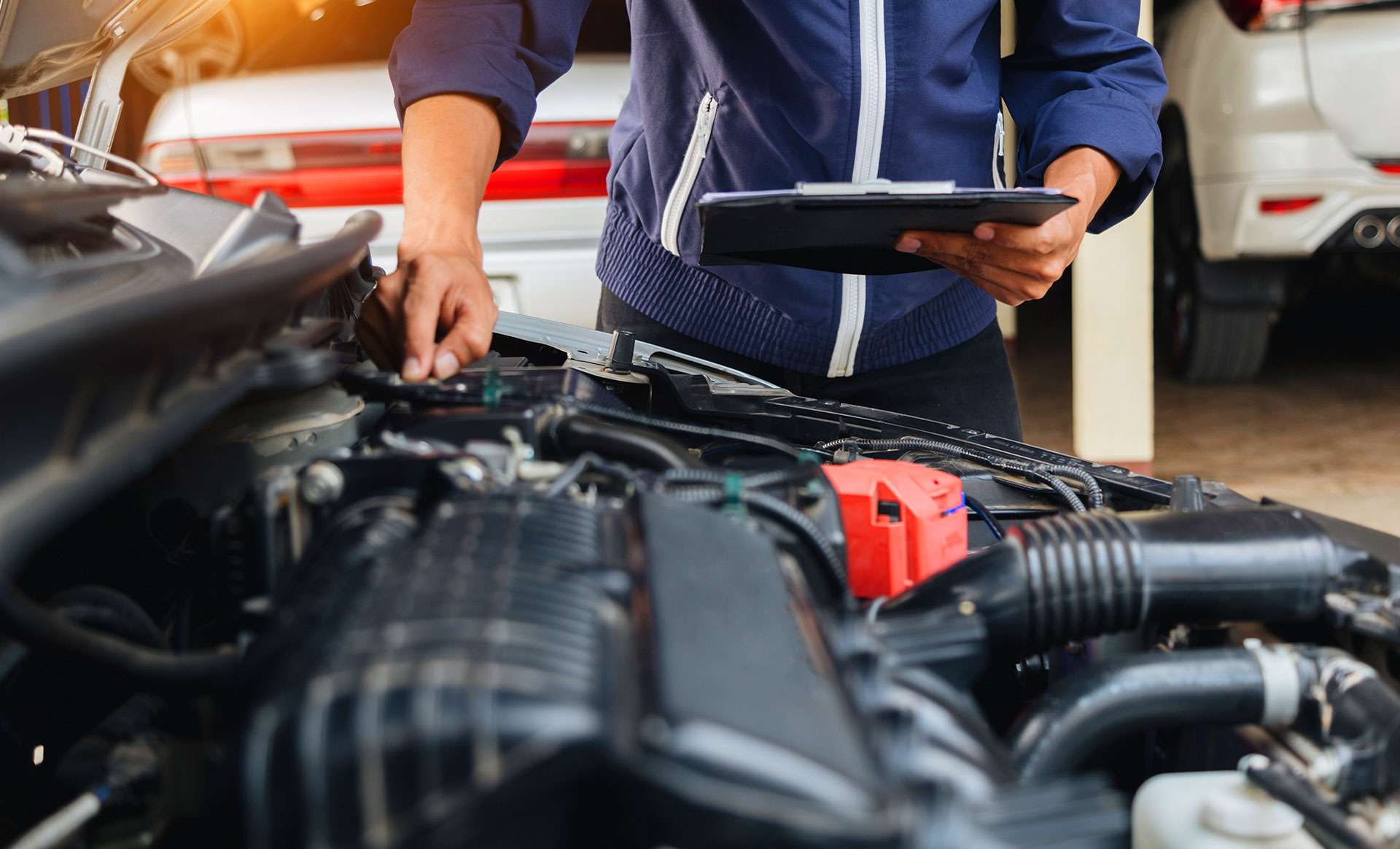
15 May What’s That Noise? How to Decode Common Car Sounds
Your car is talking to you, and no, you’re not imagining things. That squeak, rattle, or hum might sound small, but it could be a sign that something’s not quite right under the hood.
Understanding those sounds can help you avoid bigger (and more expensive) problems down the road. So next time your car starts making a scene, here’s what it might be trying to say.
Squealing When You Brake
That high-pitched screech when you press the brake pedal? It’s usually your brake pads telling you they’re worn out. Many pads have built-in wear indicators that make this sound on purpose, kind of like a warning whistle.
If you hear:
- Squealing or grinding
- A rhythmic scraping sound
What it could mean: Time to check or replace the brake pads before you damage the rotors.
Clicking When You Turn
Hearing a clicking or popping sound when turning the wheel, especially at lower speeds? It could be a failing CV joint, which helps transfer power to your wheels while steering.
Don’t wait on this one. A worn CV joint can break completely, leaving you stuck.
Roaring or Humming on the Highway
A loud humming or roaring that gets worse the faster you go might sound like tire noise, but it could be a sign of a bad wheel bearing or uneven tire wear.
Check for:
- Vibration in the steering wheel
- One side being louder than the other
If left alone, it can lead to tire damage or even wheel detachment.
Knocking or Pinging from the Engine
That metallic knock or ping under the hood, especially during acceleration, may point to poor fuel quality, wrong timing, or engine knocking due to carbon buildup.
This isn’t one to ignore. Over time, it can cause real engine damage.
Conclusion
When your car starts making strange sounds, don’t turn up the radio, tune in. Most noises are early warning signs that something needs attention. Catching the issue early can save you from bigger repairs, breakdowns, and costly surprises.
Your ears might be your car’s best tool. Listen closely, it just might thank you later.

